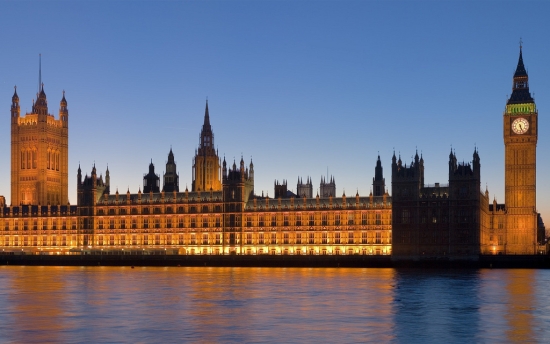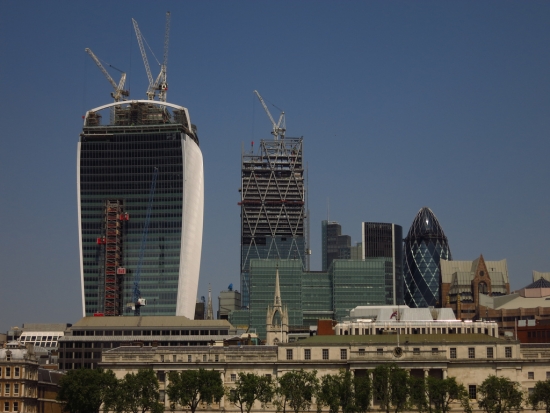UNESCO is fighting a losing battle in its attempt to halt property developments it fears will damage Westminster’s World Heritage status, a conference has been told.

Addressing the London gathering of the Council on Tall Buildings and Urban Habitat (CTBUH), architect Terry Farrell said the conservation body was “too late” and that “tall buildings will be appearing in views of Parliament.”
UNESCO is principally concerned about the controversial £600 million Elizabeth House scheme which is also opposed by Westminster Council. Other developments singled out for criticism are One Nine Elms and the Vauxhall Island project.
UNESCO is due to discuss the issue at a meeting next week where delegates will vote on a resolution condemning Britain for its failure to protect the “outstanding universal value” of Parliament Square. They will also consider calling on the Prime Minister to call a halt to the developments in their current form or risk the embarrassment of the area losing its World Heritage status.
Lee Polisano, of PLP Architecture, echoed Farrell’s remarks, telling the conference that any attempt to prevent the proliferation of tall buildings was “a battle UNESO lost a long time ago here in London.”
However, there was criticism of the current trend of developers offering spectacles such as roof gardens and high rise restaurants at the expense of improving the public realm.
In what appears to be a rebuke to the Walkie Talkie’s Sky Garden, Graham Stirk warned that London is in danger of becoming a city dominated by “fairground rides.”
Referring to his practice’s Cheesegrater, he said; “We consciously made a decision not to make a quasi-public space on the roof.
“We need to understand the dynamics of where we are placing these things. Not everyone has the money to go on every ride every day. There are basic spaces we need to provide.”
The conference also discussed the issue of finance in the light of the reluctance of banks to take risks and the impact this has on design.

Richard Pilkington, of Oxford Properties, said that having emerged from the global crisis it was important to address what has changed.
“Banks are no longer a reliable source of funding. Only well-capitalised investors can help. Investing and developing tall buildings in today’s economic climate leaves no room for error.
“As such, the eccentric shapes of buildings in the British capital has less to do with the ‘look at me’ iconic ambitions for which they are often pilloried in the press, than it does with the need to, first and foremost, be marketable, but also, to meet extremely constrained regulatory and financial conditions,” he said.
Noting Prince Charles’ remarks that ‘buildings with their heads in the clouds should keep their feet firmly on the ground,’ Peter Wynne Rees, planning officer for the City of London, said no-one set out to build the world’s tallest buildings in the capital.
“Don’t build tall to change your fortunes,” he said. “Build tall because you are already successful and have run out of space. And when you do, do it well.”
Previous Post
Balfour Beatty Announces UK Site Closures